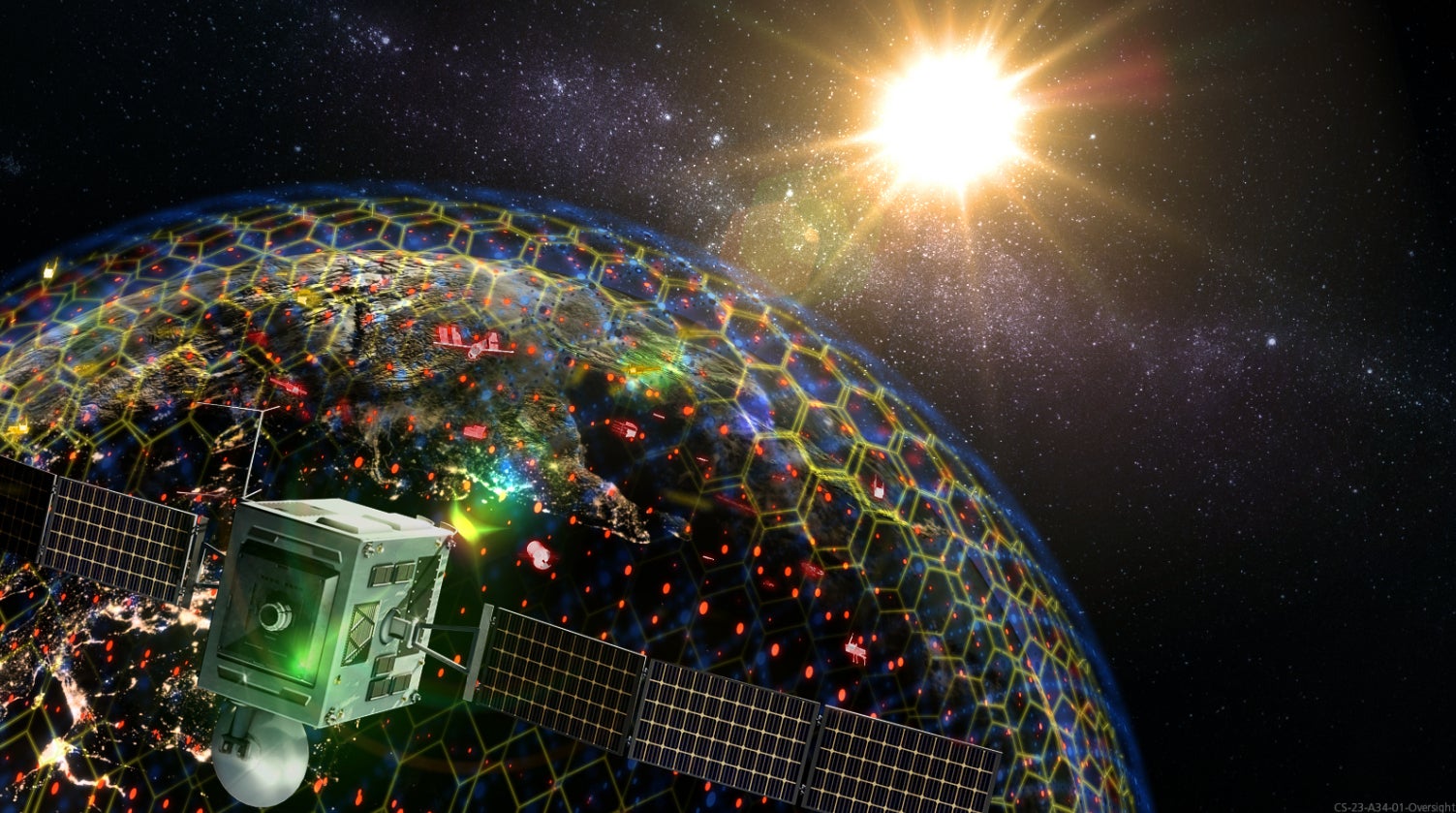
Each week, Verdict’s editors select a deal that illustrates the themes driving change in our sector. The deal may not always be the largest in value, or the highest profile. But we select it because of what it tells us about where the leading companies are focusing their efforts, and why. We pick apart the deal itself, and the industry theme behind it. This new, thematic deal coverage is driven by our underlying Disruptor data which tracks all major deals, patents, company filings, hiring patterns and social media buzz across our sectors.
The deal
US space start-up, Impulse Space, announced on Monday (July 24) that it has raised $45m in a series A funding round. The company provides in-space transportation services for the inner solar system.

Access deeper industry intelligence
Experience unmatched clarity with a single platform that combines unique data, AI, and human expertise.
Impulse Space has two upcoming missions, LEO Express-1, an earth-centered orbit refueling mission, and another mission to Mars.
According to the company, its Series A $45m funding will support the development of its largest vehicle yet, called Helios.
Why it matters
The space economy is set to reach over $1tn by 2040, according to GlobalData’s 2023 TMT Predictions report. The rapidly growing space economy is creating an ecosystem of companies involved in a variety of business activities including asteroid mining, microgravity manufacturing and payload transportation, which is Impulse Space’s business.
Small satellites (also referred to as CubeSats) can share a rocket with larger satellites for a fraction of the launch price. Launch operators, such as SpaceX, provide ride-sharing services where smaller secondary payloads are transported on a launcher alongside a primary payload.

US Tariffs are shifting - will you react or anticipate?
Don’t let policy changes catch you off guard. Stay proactive with real-time data and expert analysis.
By GlobalDataHowever, these services do not deliver the CubeSats to their desired destination says GlobalData analyst Carolina Pinto. “The CubeSats have to travel to their destination,” she adds.
As small satellites become the industry standard, there is a growing demand for transportation systems that facilitate the delivery of small satellites to space. “Impulse Space offers a low-cost in-orbit transportation system for last-mile space payload delivery. This type of low-cost service is very desirable among small satellite manufacturing start-ups,” says Pinto.
A growing ecosystem of space start-ups
Venture investment volume within the growing space economy rose significantly between 2018-2022, according to GlobalData. Indeed, Impulse Space, reported that its series A funding round was oversubscribed with investors keen to get on board.
However, GlobalData’s deals database shows a 65% drop in venture financing in the space economy in 2022 from a $5.3bn record high in 2021. A slowdown in venture capital investment is likely to continue in 2023, according to Pinto.
"The macroeconomic climate and rapidly rising interest rates have led to a fall in asset prices and a drop in investor confidence. Investors doubt the financial viability of unproven satellite and rocket companies in a crowded industry with similar technology innovations,” adds Pinto.

Source: GlobalData
Bianca Cefalo is founder of Space Dots, a start-up which tests advanced materials in space - an example of the new space economy. Cefalo says the industry has reached an inflection point. "It's not just about rockets or spacecraft anymore. It's about commercial space stations, ecosystems in space, renewable energy generation from space, and orbital habitat," says Cefalo.
What Cefalo describes as "cascading elements" of the space economy will need an infrastructure and a supply chain that is going to be able to sustain the industry's development. Earth businesses today will become a space businesses tomorrow, says Cefalo. The space economy is creating a parallel world. "And to do that it requires everyone to be involved at any part of the value chain. Literally," she adds.
The detail
The round was led by RTX Ventures, the investment arm of Raytheon Technologies. Raytheon specialises in earth observation applications. Earth observation refers to the use of remote sensing technologies to monitor land, marine, and atmospheric activity on Earth from a satellite. Pinto says that as Raytheon scales up its business: "it may want to shift in to primarily using small satellites, which will require Impulse Space's technology to deliver its satellites to space."
Other investors in the Series A funding round include Founders Fund, Lux Capital, Airbus Ventures and Space Capital.







